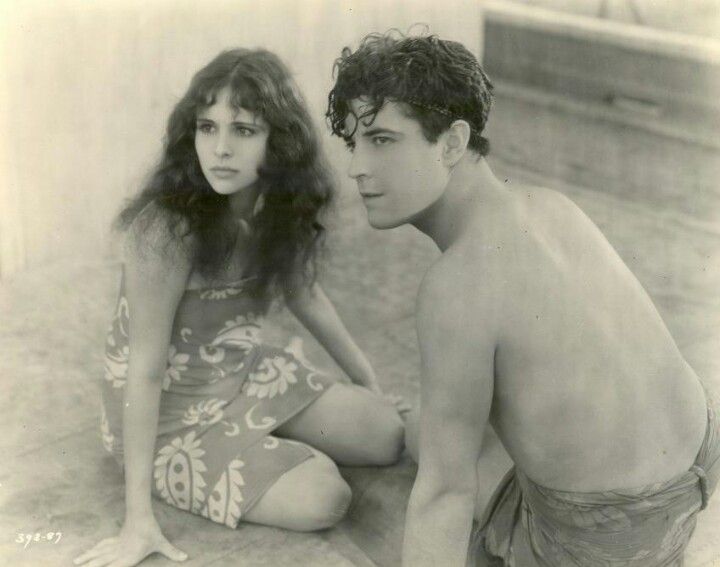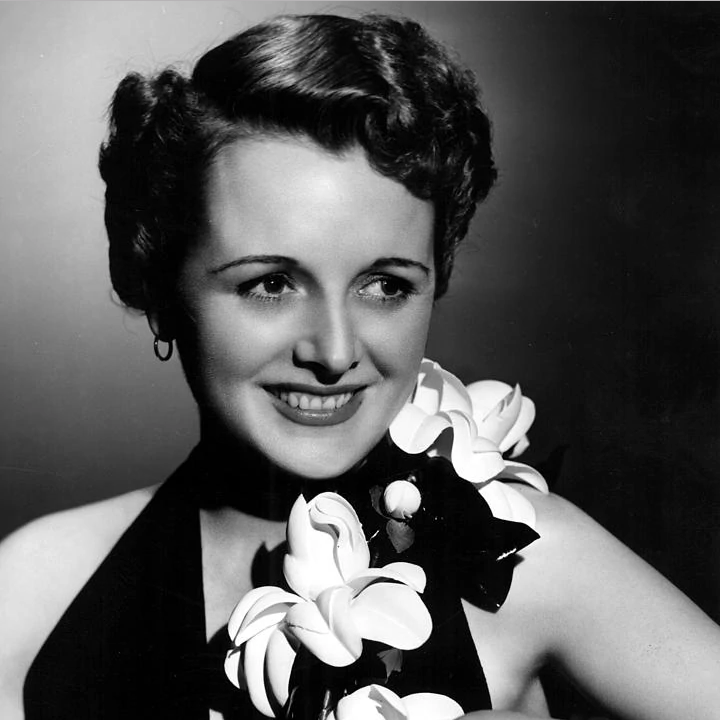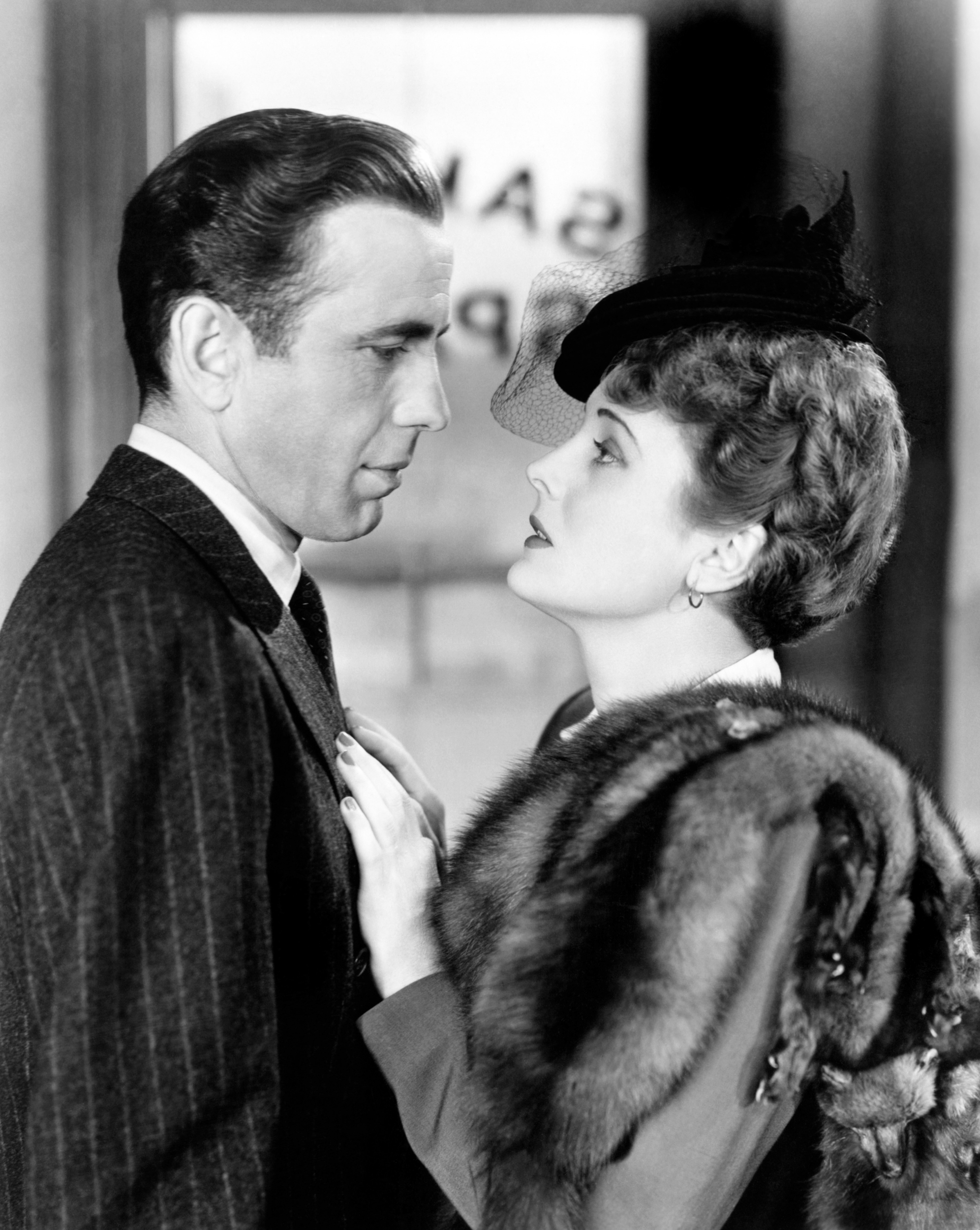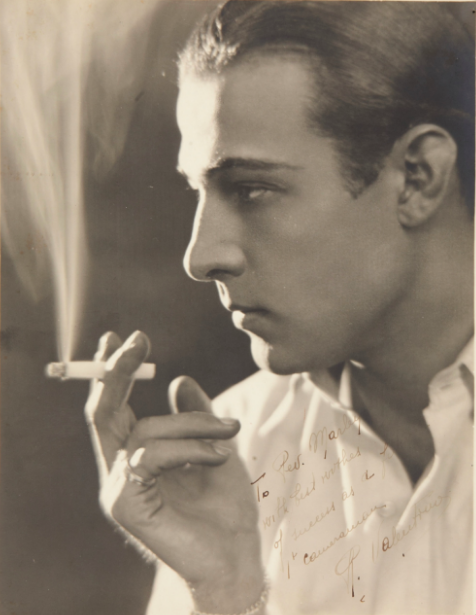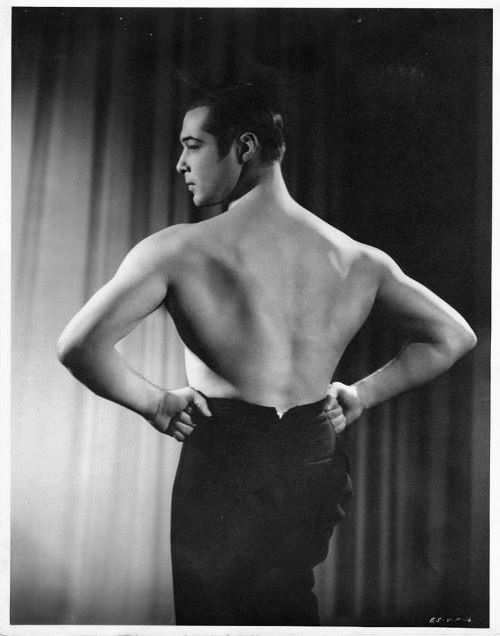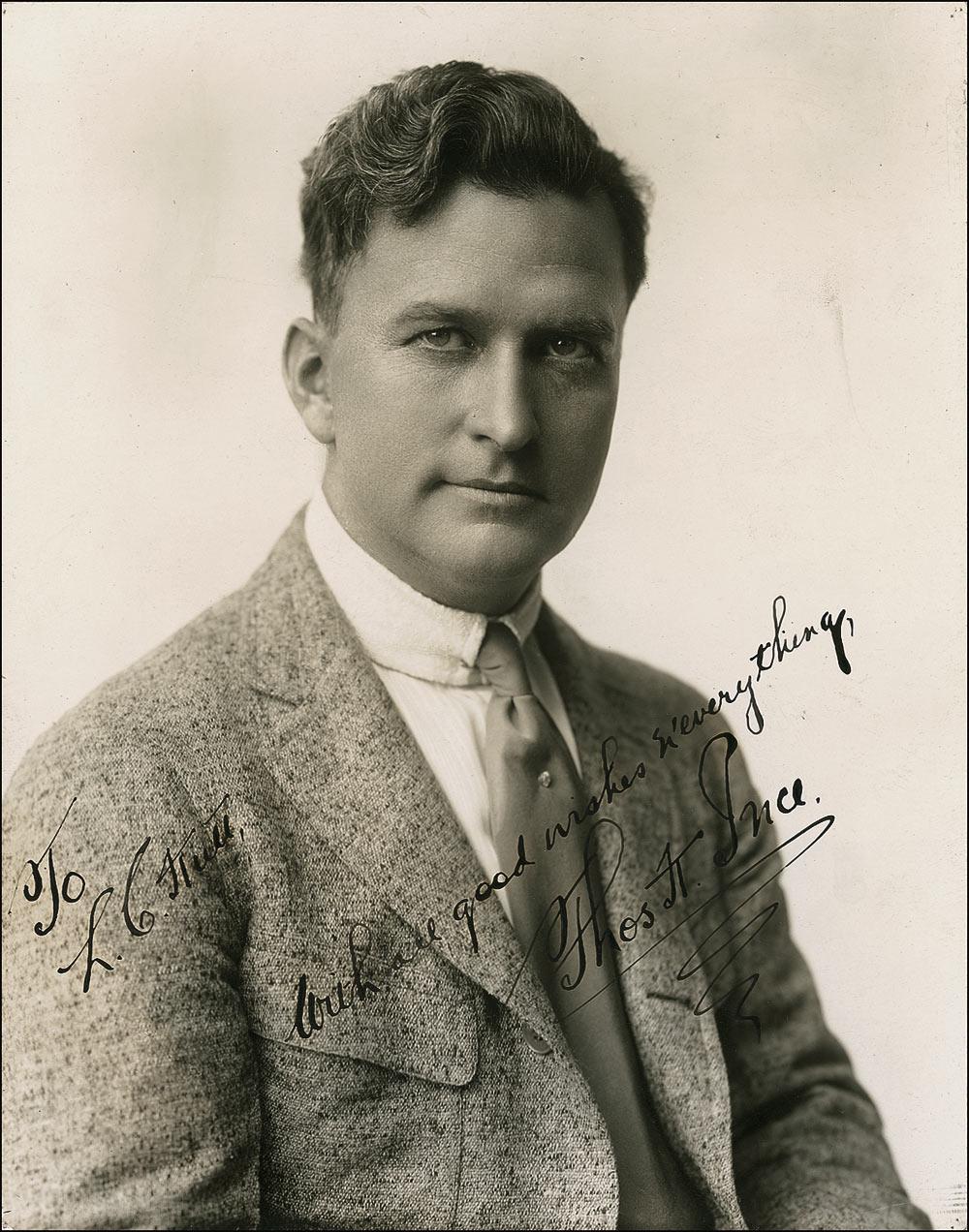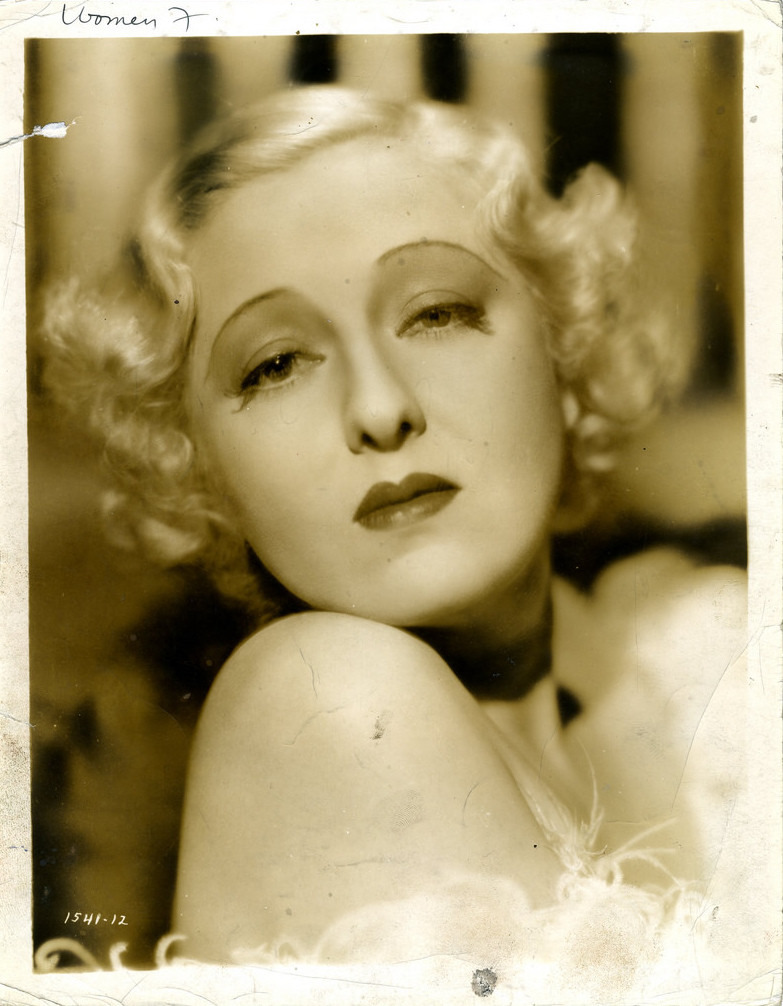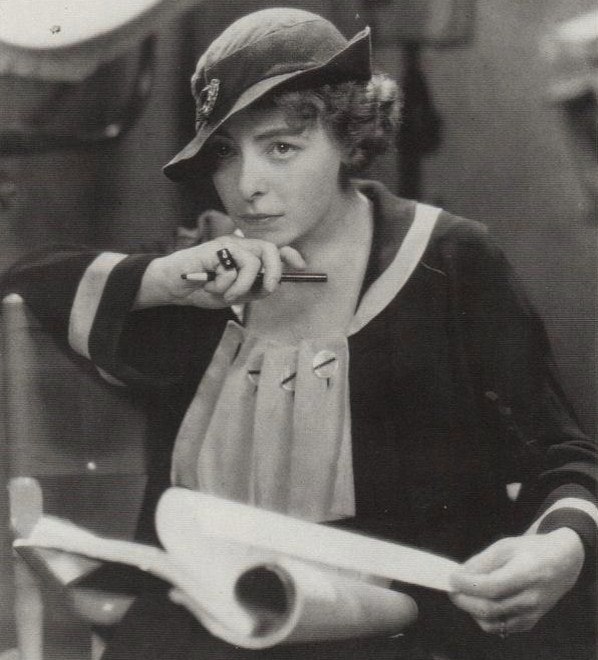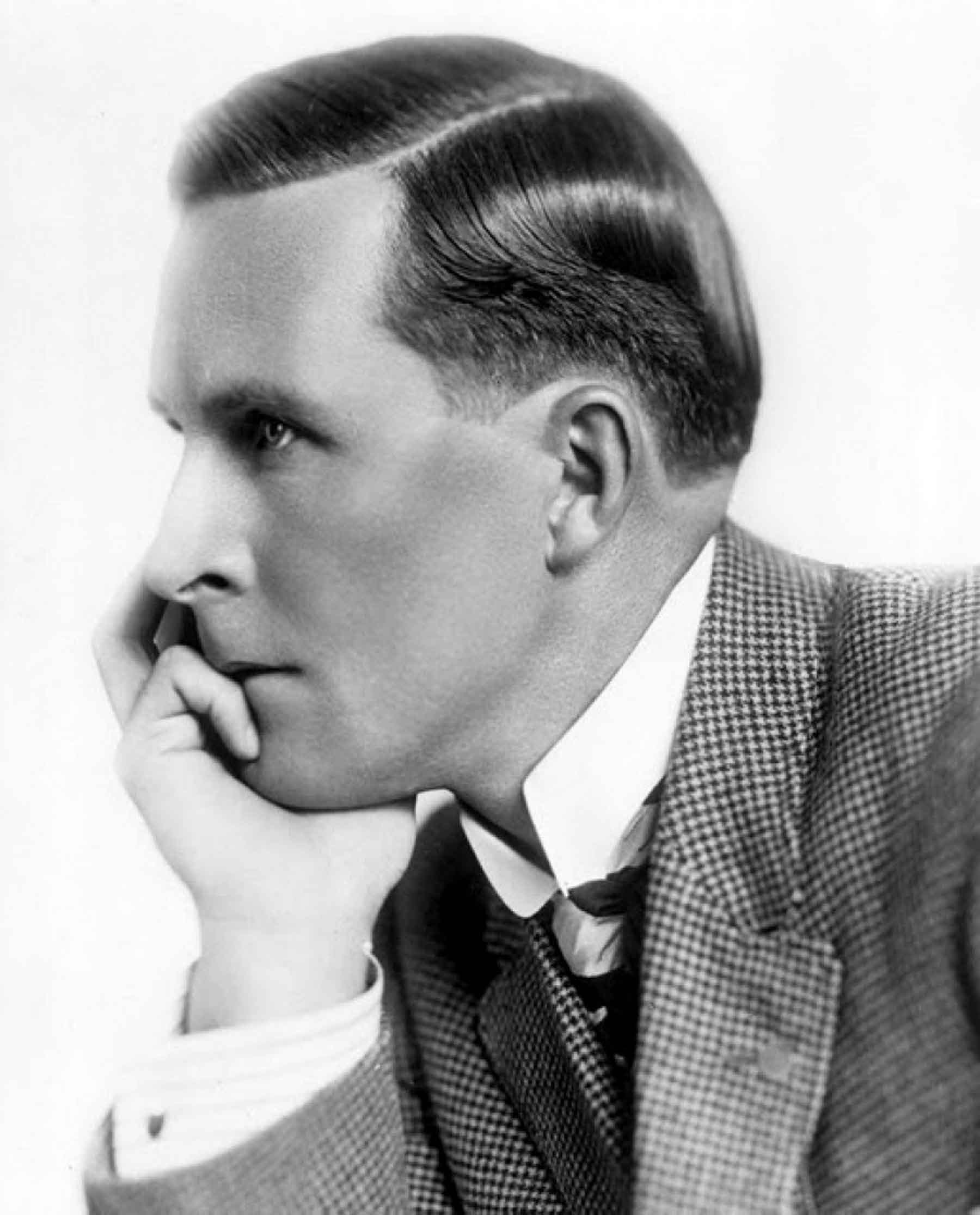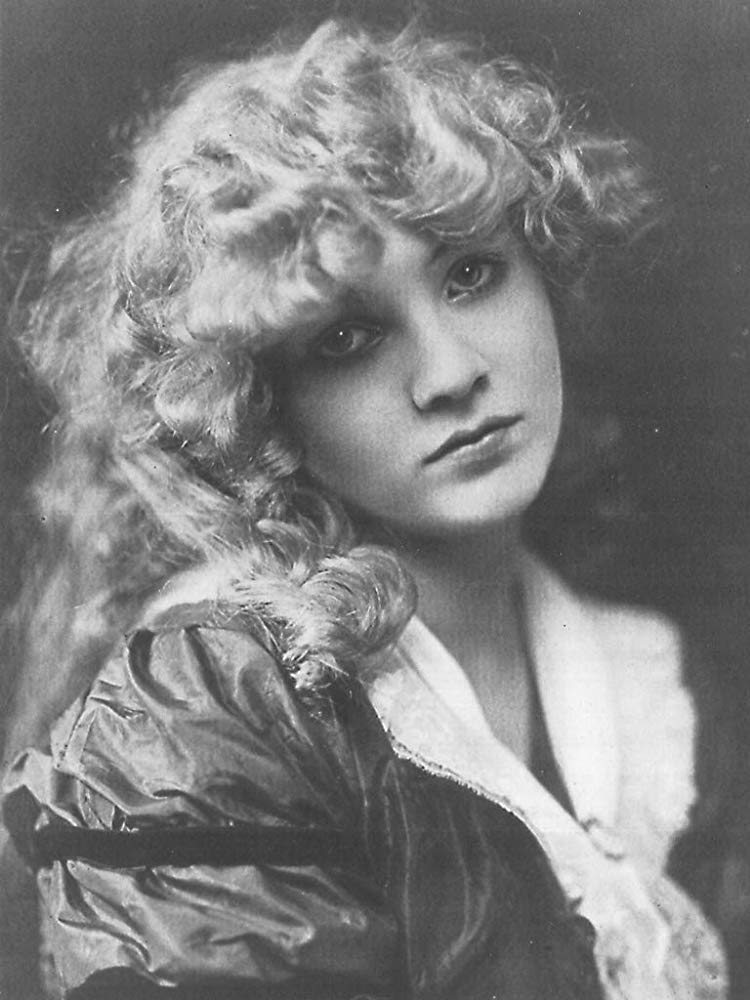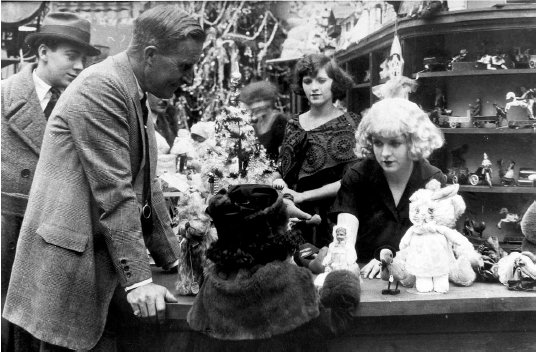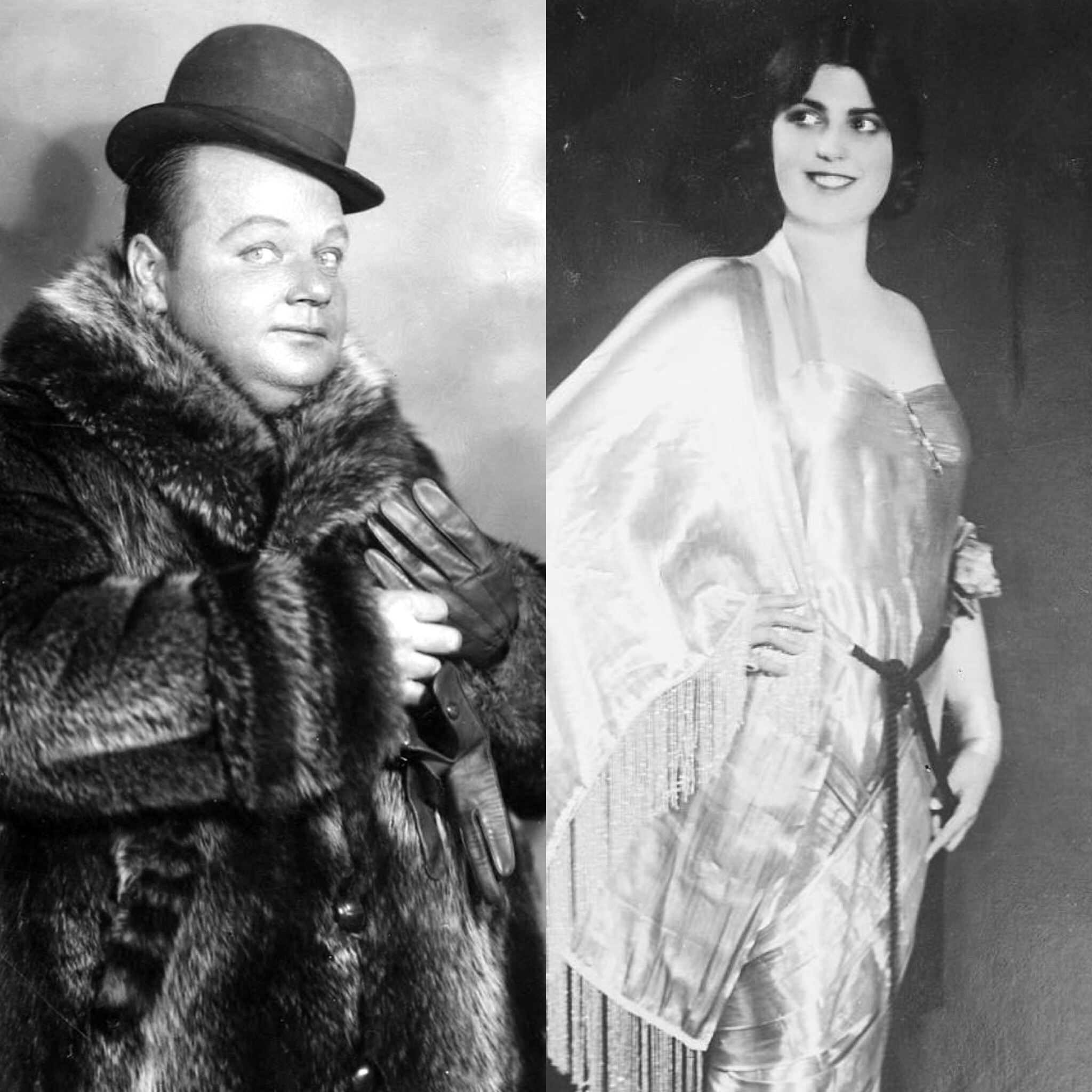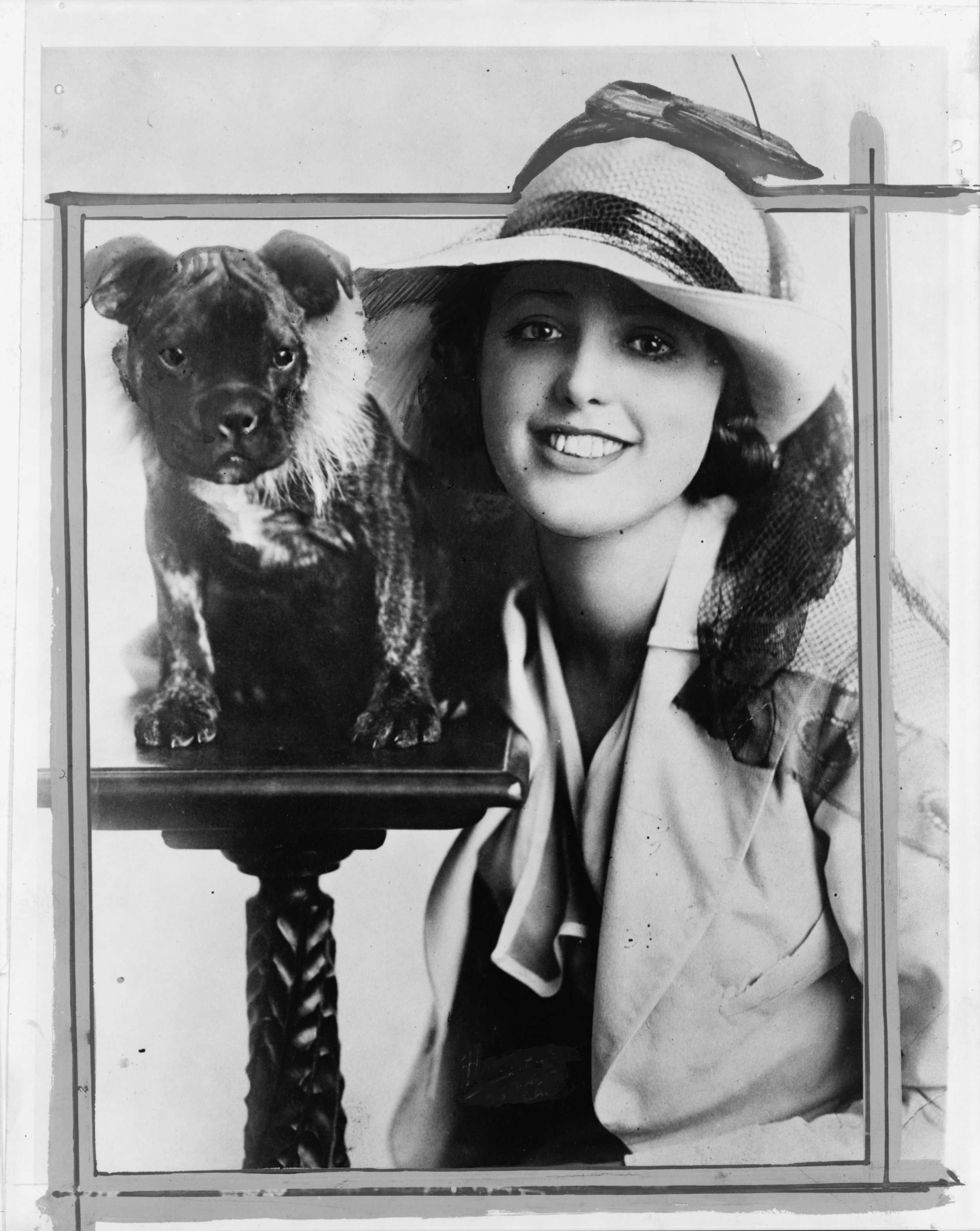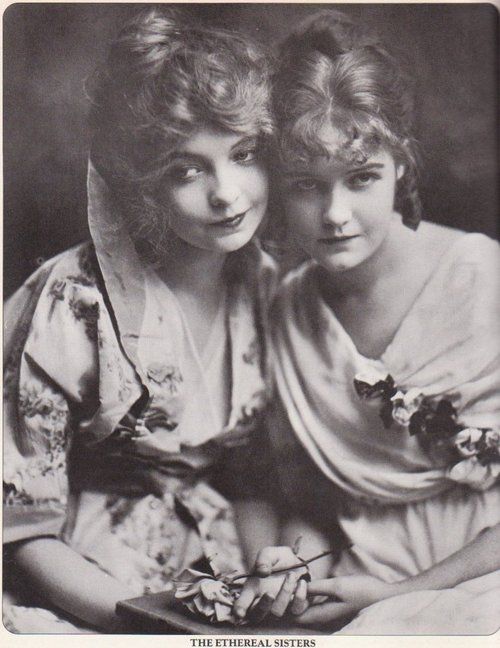Listen to this episode on Apple Podcasts and Spotify.
Ramon Novarro was a Mexican actor and singer whose stardom at MGM in the 1920s and 30s was not impeded by his offscreen life as a gay man. In Hollywood Babylon, Anger focuses only on Novarro’s grisly murder in 1968 -- which outed Novarro to a public that had largely forgotten him--and needlessly embellishes a crime scene that was already pretty horrible. Today, in our final episode of Fact-Checking Hollywood Babylon, we will explore the llife which Anger left out of Hollywood Babylon, and correct that book’s version of Novarro’s death.
SHOW NOTES:
Sources:
Hollywood Babylon by Kenneth Anger
Beyond Paradise: The Life of Ramon Novarro by André Soares
Behind the Screen: How Gays and Lesbians Shaped Hollywood, 1910-1969 by William J. Mann
The White Album: Essays by Joan Didion
“The Hustlers and the Movie Star” BY William Van Meter, May 23 2012, out.com
Music:
The music used in this episode, with the exception of the intro and outro, was sourced from royalty-free music libraries and licensed music collections. The intro includes a clip from the film Casablanca. The outro song this week is “Bye Bye Baby” by Madonna.
Credits:
This episode was written, narrated and produced by Karina Longworth.
Editor: Cameron Drews.
Research and production assistant: Lindsey D. Schoenholtz.
Social media assistant: Brendan Whalen.
Logo design: Teddy Blanks.


